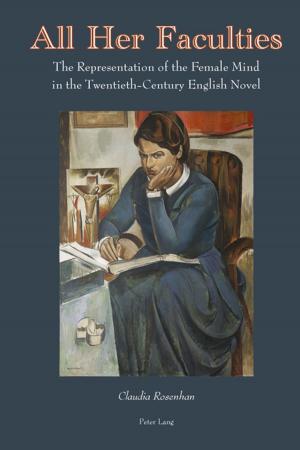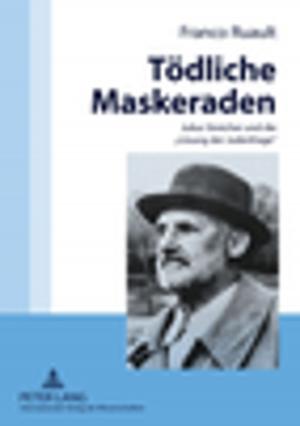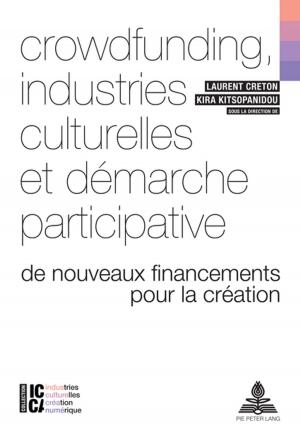The Knowledge of the First Principles in Saint Thomas Aquinas
Nonfiction, Reference & Language, Foreign Languages, Latin, Religion & Spirituality, Philosophy, Metaphysics| Author: | Mary Christine Ugobi-Onyemere | ISBN: | 9783035195132 |
| Publisher: | Peter Lang | Publication: | January 28, 2015 |
| Imprint: | Peter Lang AG, Internationaler Verlag der Wissenschaften | Language: | English |
| Author: | Mary Christine Ugobi-Onyemere |
| ISBN: | 9783035195132 |
| Publisher: | Peter Lang |
| Publication: | January 28, 2015 |
| Imprint: | Peter Lang AG, Internationaler Verlag der Wissenschaften |
| Language: | English |
This monograph is a fundamental theme in Thomism. It deals with the basic ontological principles. From the Thomistic perspective and based on Aristotle, it studies the nature and roles of the essential principles on which reality itself is constructed.
The work starts with a brief historical survey of first principles from the classical period through the modern/post-modern philosophical schools.
The monograph proceeds to study Thomas Aquinas’ understanding and use of the principles along with the possibility of the knowledge of these first principles especially through their habits. It underlines the central position of the habits of the first principles in realistic philosophy.
To determine their proper character, the volume juxtaposes the first ontological principles with some transcendental notions followed by the most basic practical ethical principles. Since there are no demonstrations for the first principles, the work further investigates the evidence and indirect demonstration of these first realistic crucial principles and ends with an accent on transition from principles to a wise vision that culminates in man’s relationship to reality and especially to God
This monograph is a fundamental theme in Thomism. It deals with the basic ontological principles. From the Thomistic perspective and based on Aristotle, it studies the nature and roles of the essential principles on which reality itself is constructed.
The work starts with a brief historical survey of first principles from the classical period through the modern/post-modern philosophical schools.
The monograph proceeds to study Thomas Aquinas’ understanding and use of the principles along with the possibility of the knowledge of these first principles especially through their habits. It underlines the central position of the habits of the first principles in realistic philosophy.
To determine their proper character, the volume juxtaposes the first ontological principles with some transcendental notions followed by the most basic practical ethical principles. Since there are no demonstrations for the first principles, the work further investigates the evidence and indirect demonstration of these first realistic crucial principles and ends with an accent on transition from principles to a wise vision that culminates in man’s relationship to reality and especially to God















